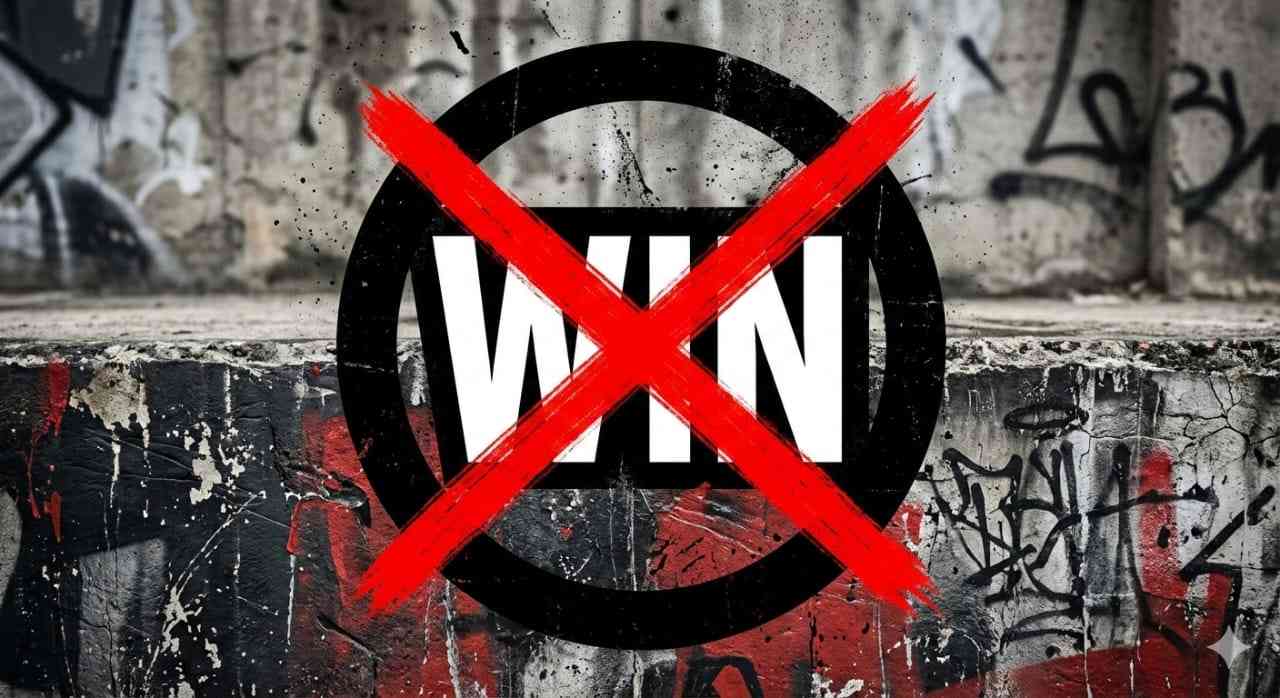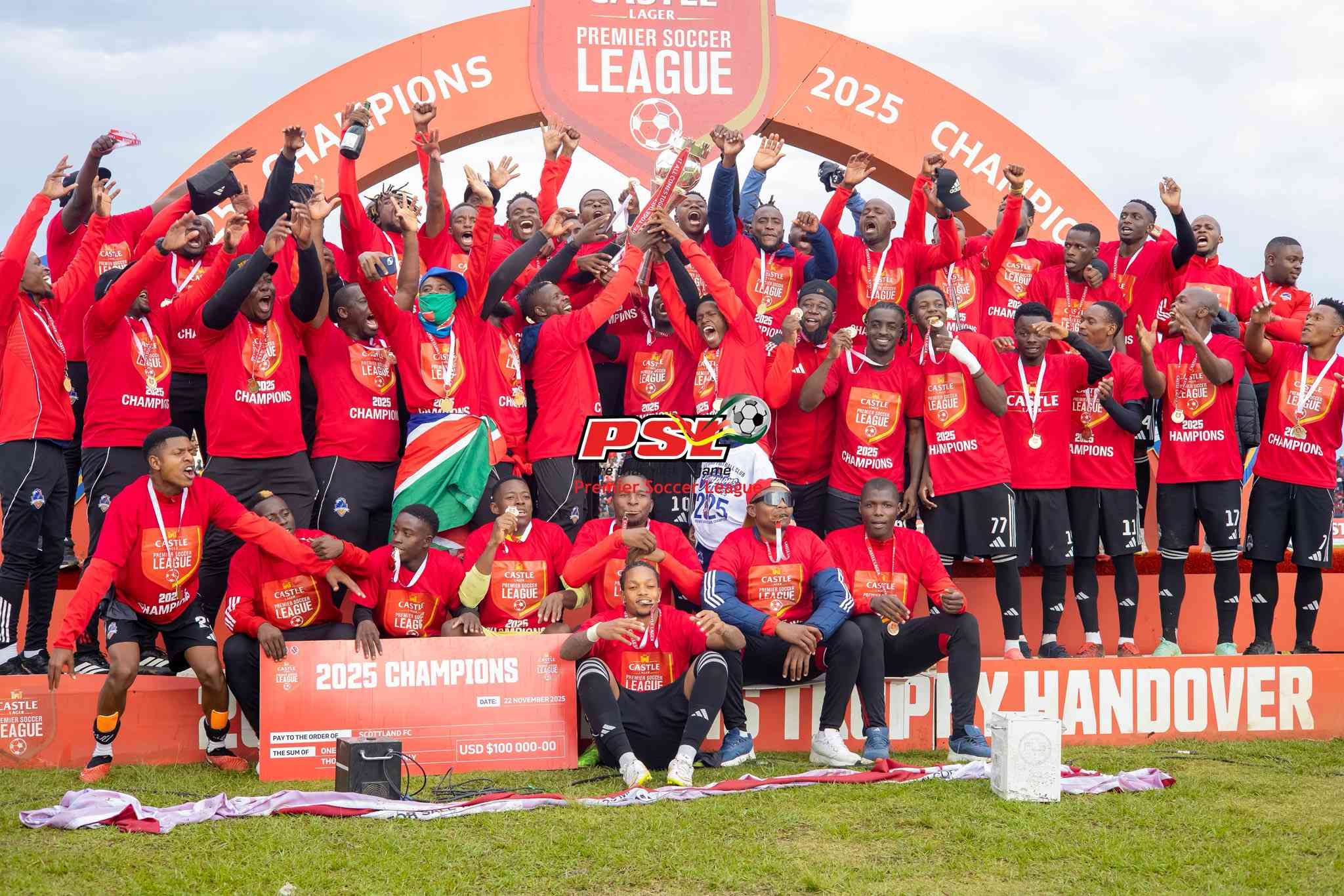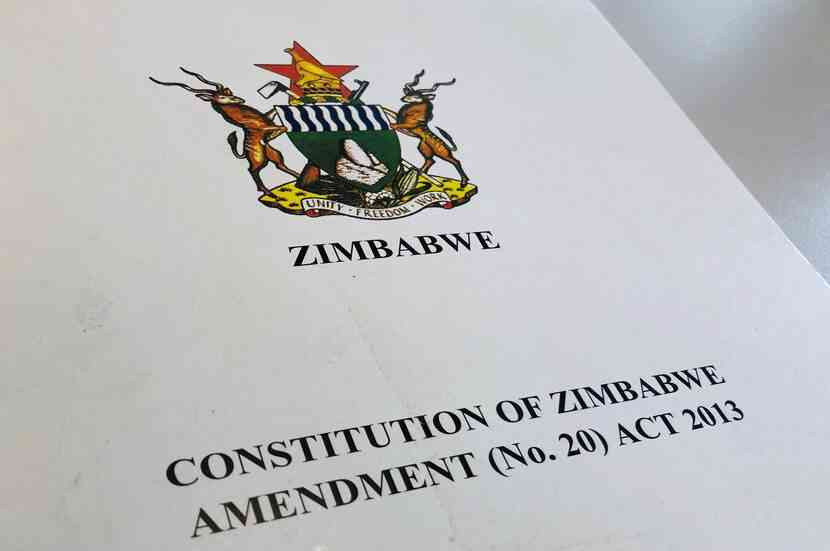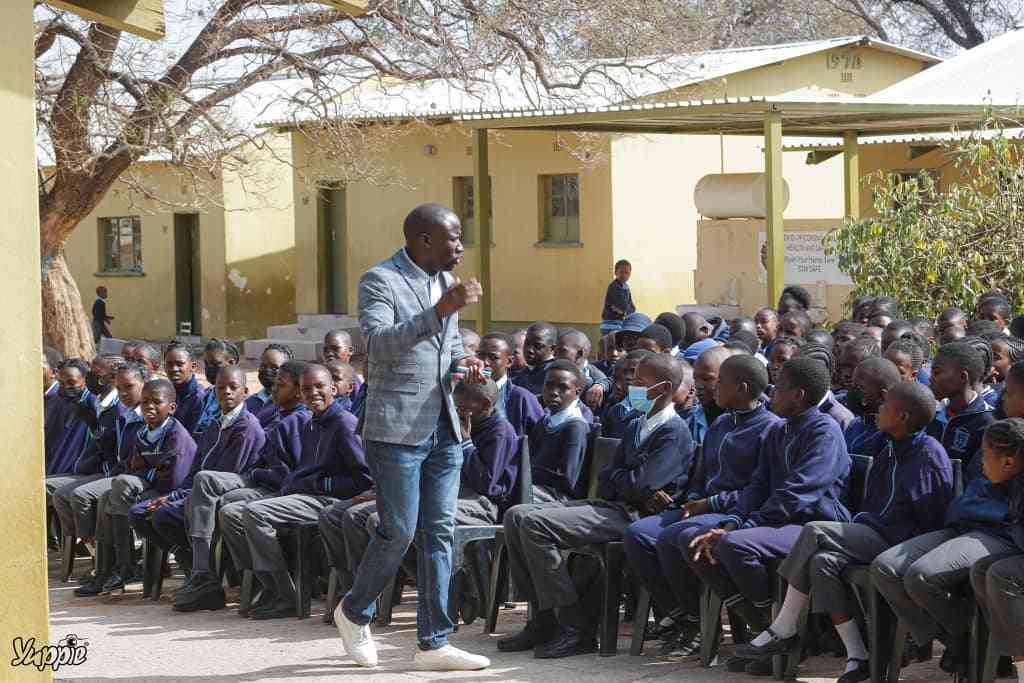
BY YVONNE MOOKA
At the height of the Covid-19 pandemic in Botswana, Omogolo Nkgogelang started a movement he christened the War Room to rescue the less fortunate and little did he know that it will morph into success story of home grown philanthropy.
Nkgogelang said seeing people starving during the lockdowns that followed the global outbreak of the respiratory disease appealed to his conscience as a Christian and he pioneered the War Room.
“We were at war. People were dying, some lost their jobs, and others had nothing to eat at all. I was convicted by my Christian faith to act,” he said.
The War Room, with 700 members, does not only seek to bring relief to the needy in rural Botswana, but it also empowers them by teaching life skills.
It is mostly comprised of individuals, who met on Facebook at the height of the pandemic.
Members of the War Room also hold regular empowerment sessions virtually on topics that include spirituality, finances, social ills in the community such alcohol and drug abuse, mental health, suicide, gender-based violence among others.
His movement has so far donated food hampers and school shoes to villages such as Ramotswa, Mogobane, Lentsweletau, among others.
- Umkhathi Theatre Works on King Lobengula’s play
- Sadc region urged to guard against coups
- Sadc region urged to guard against coups
- Sunday word: God’s blessings to law-abiding people
Keep Reading
They have also given food to Old Naledi Township in Gaborone, popularly known for high crime rate and poverty.
“I prefer giving in rural areas because in Gaborone, most companies and individuals give to people who are not really in need.
“It’s more of convenience than the reality of poverty,” he said, advocating for more charity work to be done to those that cannot be easily reached.
Ntlogelang was born without a silver spoon, something that has taught him to give to those in need.
“I hate to see other people in need,” he added.
Born and bred in Maun, the 44 year-old husband and father of two says that times of need are a test of love for mankind for believers in God.
In his philanthropy mission, he has observed that most elderly people in rural areas are the ones raising their children and grandchildren.
Often times he would come across families where grandchildren are left in the care of their grandmothers while their parents live in towns and cities.
“It’s always a touching sight where there are many children sharing a small room with the elderly,” Ntlogelang said.
“Minors even giving children and all of them living in dire poverty.”
Illiteracy rate in rural settlements in Botswana stands at 34.5% compared to 14.6% in urban areas.
In most cases, some people in rural areas do not know about the dangers of sexually molesting a minor ,who is 16 years and below.
In some places in the Basarwa area, there have been rising number of incidents of incest and defilement.
“Unemployment remains a major challenge in rural areas and Ipelegeng has been a major source of employment,” Nkgogelang said.
“Ipelegeng Unemployment Relief is a government programme, which offers short term employment for a maximum of one month.
“Upon completion, interested parties may re-apply to be re-enlisted into the programme.”
The movement is also dealing with the problem of substance abuse, which has been linked to the high rate of unemployment.
Substance abuse in Botswana is a growing problem with a variety of drugs being abused including cocaine, heroin, methamphetamine, marijuana and alcohol, among others.
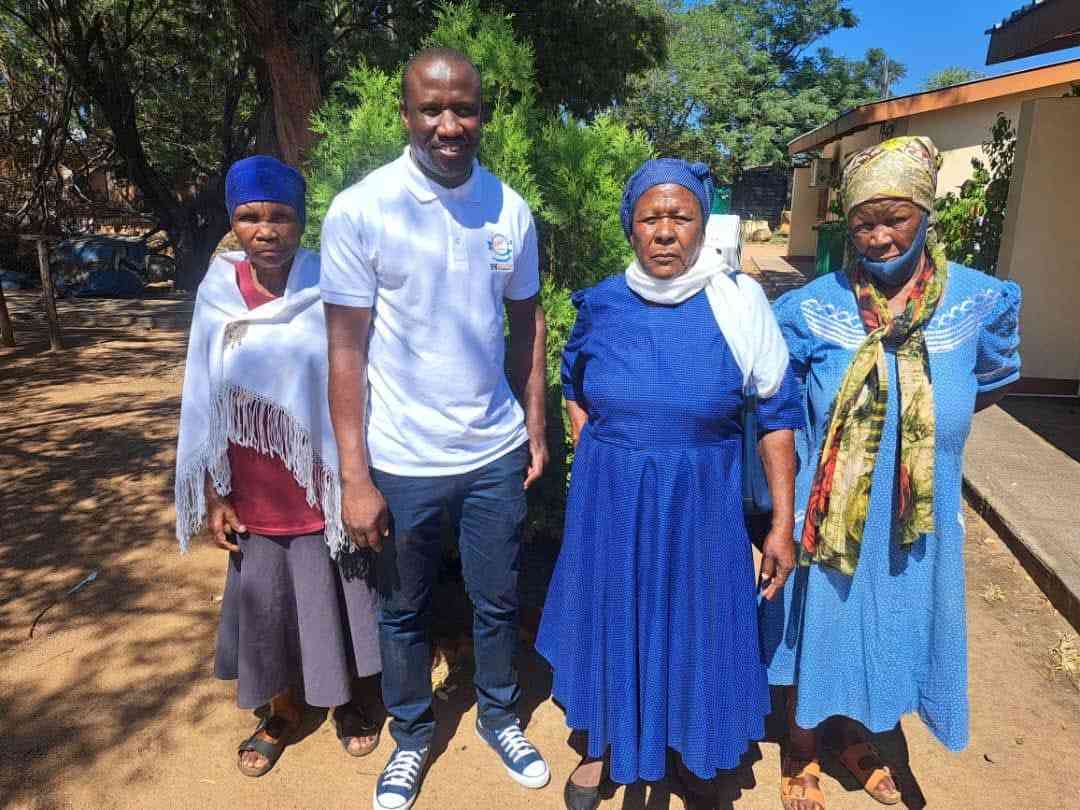
Early last year the government reserved P41 million for the establishment of the Drug Enforcement Agency to battle against narcotics and reduce violence and other criminal activity associated with drug abuse.
While briefing members of the media this year, minister for State President Moeti Mohwasa revealed that from January to February 9, 2025, the Botswana Police Service had recorded 55 cases of illicit drugs as compared to 43 cases that were recorded during the same period last year.
Drug abuse is increasing in cities and major villages such as Gaborone, Francistown and Maun, to the police and young people from the age of 13 are increasingly experimenting with drugs.
Botswana’s youth unemployment is pegged at 38.2%, according to the United Nations Development Programme.
Botswana’s economy contracted by 3% last year and it is expected to contract again by 0.5% in 2025, according to Finance minister Ndaba Gaolathe.
Gaolathe said this in May during the launch of the Botswana National Human Development Report in Gaborone.
According to Nkgogelang, young people in Botswana must be taught Christian values in order to face the various challenges in modern society.
He also urged Christians to do ministry in a way that would please God by showing concern for those in need.
“Our love for one another defines who we are before God. God commands us in His word to be there for those in need,” he said.
*The African Philanthropy Network (APN) is documenting success stories of African individuals and organisations engaged in philanthropic acts to raise awareness and to motivate locally driven development.

